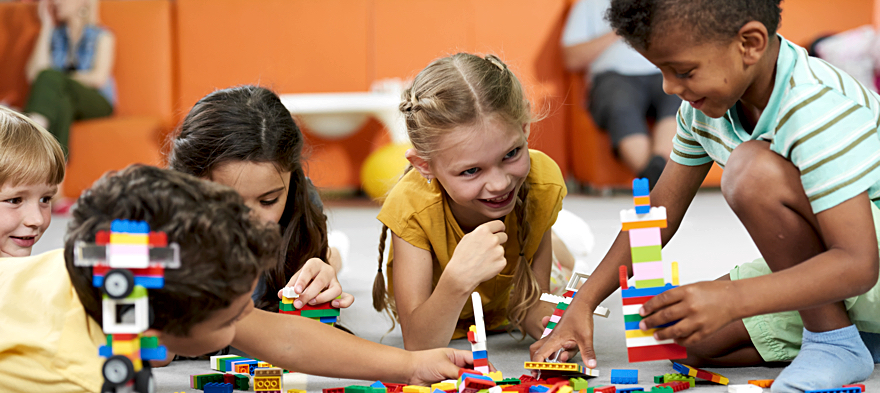
Confronted with a pandemic unprecedented in modern life, schools began delivering meals at home, providing free internet and devices, offering mental health supports and developing emergency relief funds.
Even pre-pandemic, schools were often called on to address children’s health and well-being, alongside their academic and social-emotional development. Nationally, and in Wisconsin, there are schools—specifically a number of charter schools and early childhood programs—that offer models of how to do this well.
In several Wisconsin communities, schools offer wraparound services: services designed to support children’s academic, social-emotional and health needs. Undergirding each of these efforts is the acknowledgment that in order to teach children in the classroom, schools must also support them outside of it.
Prior to the pandemic, Rocketship Public Schools, a public charter school network with two Milwaukee schools, invested in building deep ties with the community, particularly families. The network collaborated with students’ families to craft each school’s core values and did home visits every fall to learn about the unique lives and experiences of each student.
When COVID-19 hit, Rocketship Public Schools created a team to help families access resources like unemployment benefits, rental assistance and domestic violence support centers. Rocketship also created a daily check-in with parents to help teachers understand if families felt engaged, safe and supported. Teachers asked the same three questions every day:
These questions allowed staff to focus energy and support on the families who needed it most and ensure that families had access to food and other basic needs.
Similarly, Acelero Learning, which operates Head Start programs across four states, including in Milwaukee and Racine, works to close the achievement gap by focusing on both child and family outcomes. Parents receive specific activities that they can do with their children after the school day ends to support learning, which helps increase engagement between the school and families and raise parents’ awareness of their children’s experiences at school.
Early childhood programs often specialize in providing these types of wraparound supports. Education for children ages 0-5 is as much about development, health and family wellness as it is about student learning. Head Start programs in particular, which are federally funded anti-poverty programs to ensure young children are ready for school, have long focused on the well-being of children. And research shows that increasing enrollment in preschool programming that includes a heavy emphasis on health supports, like Head Start, can close the achievement gap between racial and ethnic groups.
We know from other crises that [pullquote]traumatic effects are long-lasting for students.[/pullquote] Schools should make the whole-child approach their core mission—and should be provided with the resources to do so. Leaders around the country and the world are looking for examples of how to do this work effectively. In Wisconsin, community leaders just have to look around.
Ashley LiBetti is an associate partner at Bellwether Education Partners. Her research focuses on early childhood and charter schools.
The fight for educational equity has never been just about schools. The real North Star for this work is providing opportunities for each child to thrive into adulthood. This means that our advocacy...
Your donation will support the work we do at brightbeam to shine a light on the voices who challenge decision makers to provide the learning opportunities all children need to thrive.
Ed Post is the flagship website platform of brightbeam, a 501(c3) network of education activists and influencers demanding a better education and a brighter future for every child.
© 2020–2024 brightbeam. All rights reserved.